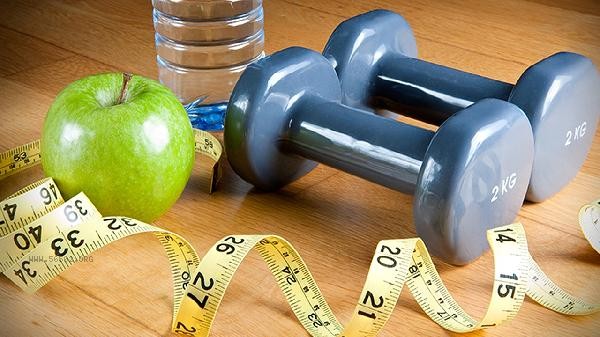Drinking apple cider vinegar on an empty stomach in the morning may help with weight loss, but the effect varies from person to person. The acetic acid in apple cider vinegar may help suppress appetite and promote metabolism, but it needs to be combined with dietary control and exercise to achieve the desired effect. Excessive consumption may irritate the gastrointestinal mucosa, leading to acid reflux or abdominal pain.

When drinking apple cider vinegar on an empty stomach, the acetic acid component may cause a temporary sense of fullness by delaying gastric emptying and reducing subsequent food intake. Some studies have shown that acetic acid can promote the activity of lipolytic enzymes, helping to break down stored fat in the body. It is recommended to dilute 5-10 milliliters of apple cider vinegar in 200-300 milliliters of warm water for drinking, to avoid direct contact with tooth enamel. During continuous consumption, observe bowel movements and stop using if diarrhea occurs.

Drinking on an empty stomach may cause a burning sensation in the stomach for people with weak gastrointestinal function, especially those with gastritis or gastric ulcers should avoid trying. Patients with diabetes need to be alert that apple vinegar may enhance the effect of hypoglycemic drugs, leading to the risk of hypoglycemia. Pregnant and lactating women lack safety research data and are not recommended to use it indiscriminately. Some individuals may experience throat irritation or allergic reactions, and initial testing for tolerance should start with trace amounts.

Healthy weight loss requires comprehensive adjustment of dietary structure and increased exercise, and apple cider vinegar alone cannot achieve significant weight loss effects. It is recommended to engage in 30 minutes of aerobic exercise daily, reduce intake of refined carbohydrates in diet, and increase the proportion of high-quality protein and dietary fiber. Long term drinkers of apple cider vinegar should regularly check their oral health and rinse their mouth with water promptly after drinking. If there is persistent gastrointestinal discomfort or abnormal weight fluctuations, it is necessary to consult a nutritionist or doctor in a timely manner.









Comments (0)
Leave a Comment
No comments yet
Be the first to share your thoughts!